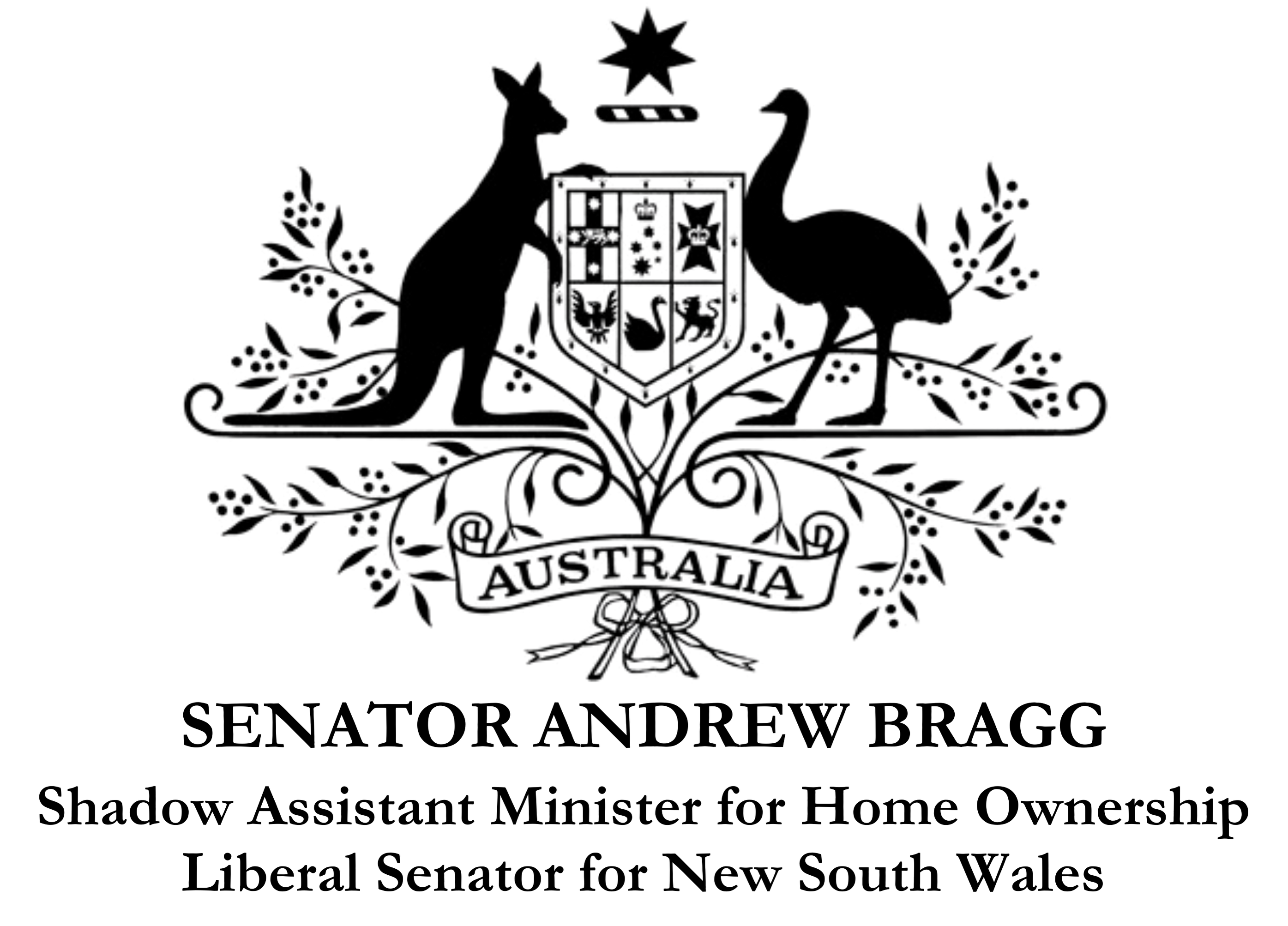No Time for Populism in Australia


_Australian Financial Review_ March 29 2017 (with Tony Shepherd) Australia's history is replete with good and bad examples of how to run public policy. We have tried protectionism, we have tried state ownership, we have tried high taxes and centrally set wages and conditions. Today we must choose again between good and bad. The Senate is now a significant arbiter of policy. It is increasingly unpredictable and at times is driven by short-term populism. But complacency is our greatest enemy. The consequences of delay on the economy and the average Australian will be serious. Indeed, the National Commission of Audit talked about a window of opportunity for Australia to get our budget back on track before the ageing population hits. That window is rapidly closing as the last of the baby boomers retire. The review which Menzies Research Centre is conducting is designed to provide a framework for making these decisions and by community engagement give the Senate courage to make the right decisions. Three of the big challenges we face reveal clear forks in the policy road: taxation, the operation of government, foreign investment and free trade. We have a simple choice between maintaining competitive tax settings to boost investment in a highly competitive global environment, or navel gaze with our own self-selected rate. Capital is extremely mobile. During much of the period between 2011 and 2016, we lost 11 spots to rank just 28 in the World Economic Forum's assessment of our macroeconomic environment – with tax driving this collapse in rating. The rate of tax is a major determinant in global investment decisions. Investment determines the rate of growth of Australia and its productivity. This in turn impacts the growth and quality of new jobs. If the Senate fails to adopt the proposed company tax cuts, it will leave Australia as one of the only major OECD nations to have failed to cut company taxes in a period of intense global tax competition. All the credible modelling of company tax reductions shows the big winners are workers, small to large business and their Australian shareholders who include millions of mums and dads directly or through their superannuation funds. The operation of government in Australia is another big challenge. Australia is now 53rd in the global ratings of wastefulness of government spending. State governments are responsible for 40 per cent of spending in Australia but raise around half of their revenue, mainly through regressive and anti- employment taxes like Stamp Duty and Payroll Tax. The balance comes through Commonwealth grants and GST, which is effectively a State Tax. The choice in federalism is to continue expanding the duplication of the Commonwealth, or try to establish a better match between revenue and expenditure. The latter will drive accountability whilst recognising the sovereignty and role of the states. Throwing the federation into the too-hard basket guarantees we will never keep faith with our citizens. Until people are clear on who to fire when the school ratings are declining or the hospital waiting lines are too long, we will continue falling in the global rankings. Crazy domestic forces are trying to surf the rising protectionist sentiment around the world. The choice here is between keeping foreign investment flowing or raising the drawbridge. Senator Hanson said in January: "[foreign investors] are buying [assets] to drive up profits at the expense of the people…" This is fake news. This logic sets aside the history of Australia which has relied upon foreign investment since 1788. We have never had enough capital to develop this country and we continue to be poor savers. That's why we have $3 trillion of foreign investment stocks in Australia and a savings gap which has not moved over the past 35 years despite the introduction of compulsory superannuation in 1992. Just to maintain our current standard of living, we will need to attract more foreign investment as our tax base and savings base shrinks with the ageing population. We have a small population and we are a high-cost country. We need to compete in world markets through export to survive. As we stand at the crossroads, we must be anti-populist on all fronts, but unlike our protagonists we need to be armed with evidence. The review will provide better options and evidence on tax, government accountability, foreign investment and trade. It will be informed by the community – and deal with their concerns.


.png)
.svg)

.svg)
.svg)